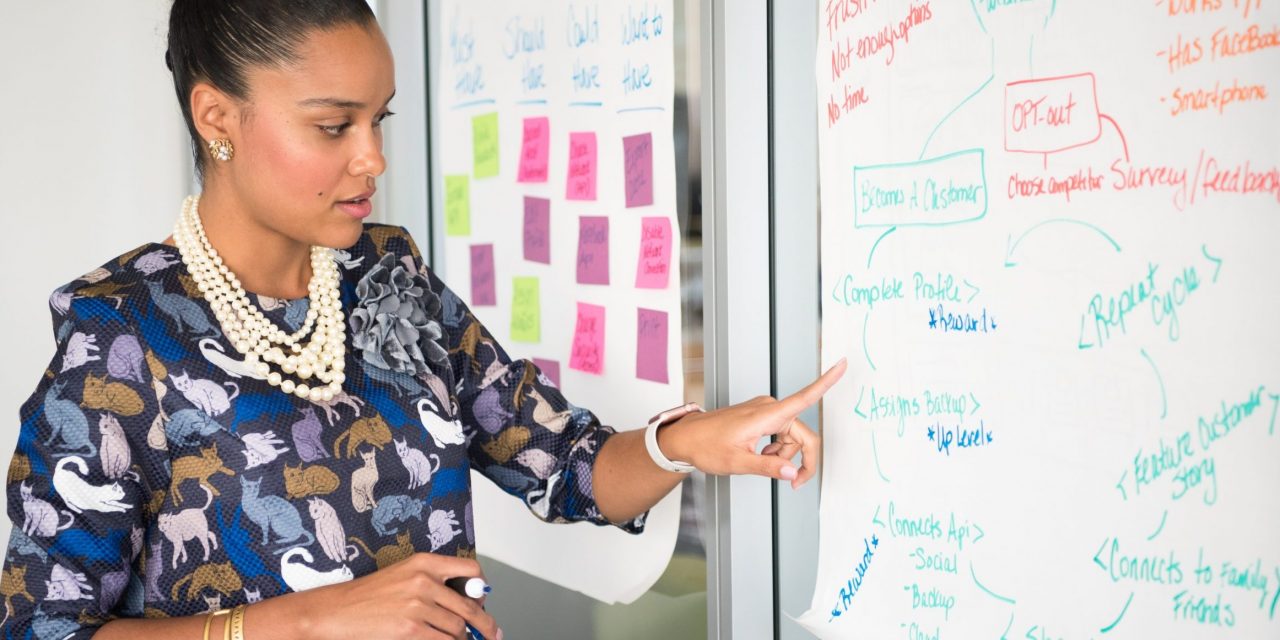Neuroscientist and business psychologist Dr Lynda Shaw shares her top tips on how to recalibrate in 2022, from developing your self-care matrix to avoiding toxic people, in order to start the new year as you mean to go on.
- Work on a positive self-fulfilling prophecy – Simply having the belief or expectation of an event can sometimes be powerful enough to influence whether it happens or not through our subsequent actions. For instance, if you believe you can reach a difficult but achievable goal through hard work and perseverance, you will be motivated to almost ensure that it happens, consciously or not. Being a glass half full person really can help.
- Develop your self-care matrix – Many of us go straight for trying to eat well after possible excesses in December, exercising more and going to bed earlier and whilst looking after your physical health is a great priority, consider your emotional self-care and how you honour your needs. How are you looking after yourself and what do you need that is authentically attainable? Many of us finding we need more time for ourselves.
- Sometimes it is helpful to ask yourself big questions – What is my five-year plan? What truly makes me happy? Just taking the time to sit with these sorts of questions and to self-reflect helps reset your mindset, gives perspective, enables change, or helps you appreciate what you already have.
- Spend time with people that make you feel good and distance yourself from those that don’t. Think about who in your life makes you laugh, lifts you up and makes you feel good about yourself, and who brings toxicity to your life. Toxic relationships are damaging to our psychology and mental health can incite feelings of low self-esteem, anxiety, insecurity, and hopelessness.
- Assess if your work makes you happy – Many of us put up with not loving our job despite how much time we spend doing it and even though job satisfaction is known to pay a huge role in our mental health, motivation, and overall life satisfaction. If you aren’t happy and fulfilled at work, look for new opportunities such as additional training, or taking on a different role, or think about moving on.
- Keep your brain moving for good neuroplasticity – Open your mind to learning new things, it’s good for the brain. The process of learning promotes neuroplasticity, the brains’ ability to change and adapt according to life experiences. Stepping out of your comfort zone by doing something you’ve never done before like learning a new language, sport or musical instrument is an excellent way to improve your brain’s plasticity.
- Prevent and recognise the signs of burnout – You can’t pour from any empty cup, so it is vital you recognise the signs of burnout or brain fog early. Reduce your stress by identifying the signs of feeling overwhelmed early, keeping a work-life balance and alleviating pressures in 2022.
- Improve your physical health – Find exercise you love whether that be tai chi, paddle boarding, or tennis. In addition to our physical health, exercising is beneficial for our memory and other cognitive skills, along with reducing feelings of loneliness and isolation. Equally enjoying nature, gardening, or taking a family walk, allows us to feel more grounded emotionally, as well as reducing hypertension, muscle tension and the production of the stress hormone cortisol.
- Maintain good sleep hygiene – 67% of UK adults are thought to suffer from disrupted sleep which can increase the risk of cancer, diabetes, dementia, and obesity, as well as increase anxiety, risk of accidents and affect mood and motivation. Stick to a good sleep schedule where you wake up and go to sleep at the same time every day. Follow a night-time routine which avoids bedtime revenge procrastination, stop using screens for at least an hour before bed and try relaxation techniques like mindfulness and breathing tactics or a lovely relaxing bath.
- Take your holidays – Many of us feel we haven’t had the holidays we wanted to have or weren’t able to do our favourite activities during the pandemic. Book things to look forward to but that are also flexible. Use weekends to truly wind down and relax.


Article Author: Dr Lynda Shaw, neuroscientist, business psychologist and change specialist
– web site link: www.drlyndashaw.com




